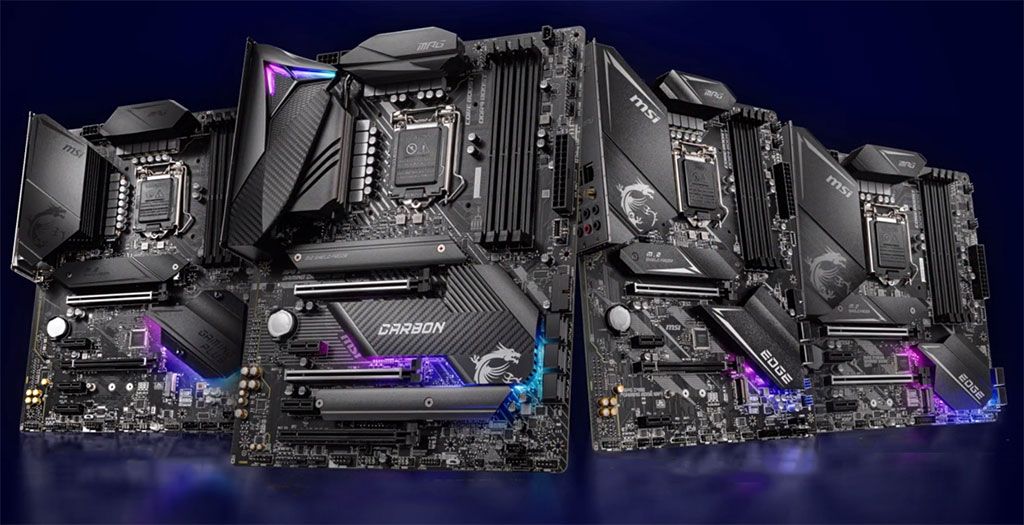Intel wins round two of multi billion dollar patent punch-up
Intel wins round two of a three-round patent fight in the Texas court arena, with massive cash prizes or penalties on offer.

Intel has dodged a patent payout this week as a Texas court has cleared it of any infringement on two old patents owned by VLSI. Intel has managed to fend off claims that it used patented technology originally created by NXP Semiconductors, but now owned by VLSI, to speed up its CPUs.

Best gaming motherboard: the best boards around
Best AMD motherboard: your new Ryzen's new home
This case is the second of three total launched by VLSI, which had claimed Intel uses technology that infringes on two patents it gained from NXP Semiconductors, a Dutch chipmaking company spun out of Philips. The company was asking for mega-damages, too, to the tune of $3.1bn.
Thankfully for Intel's accountants, it won this case.
There's still hell to pay, though, as Intel lost its first battle with VLSI. A jury found Intel guilty of infringing on patents held by VLSI, for the purposes of increasing the power and speed of its processors, and awarded the company $2.18bn in damages.
VLSI says the damages were significant due to Intel's dominant position, that the $2bn "is a large number but it’s a large number because Intel is the dominant company selling this infringing product" (via Bloomberg).
VLSI does not manufacture any processors, however, and Bloomberg reports that its only possible revenue would be these three lawsuits. Intel has stated its intention to fight the previous ruling too, aiming to appeal the original $2.18bn verdict.
Meanwhile, Intel argues that the latest case is proof that new legislation is required "to prevent such 'litigation investors' and their shell companies from using low-quality purchased patents to extract exorbitant damages from productive American businesses."
Keep up to date with the most important stories and the best deals, as picked by the PC Gamer team.
Stay tuned for round three which is slated for June.

Jacob earned his first byline writing for his own tech blog. From there, he graduated to professionally breaking things as hardware writer at PCGamesN, and would go on to run the team as hardware editor. He joined PC Gamer's top staff as senior hardware editor before becoming managing editor of the hardware team, and you'll now find him reporting on the latest developments in the technology and gaming industries and testing the newest PC components.

